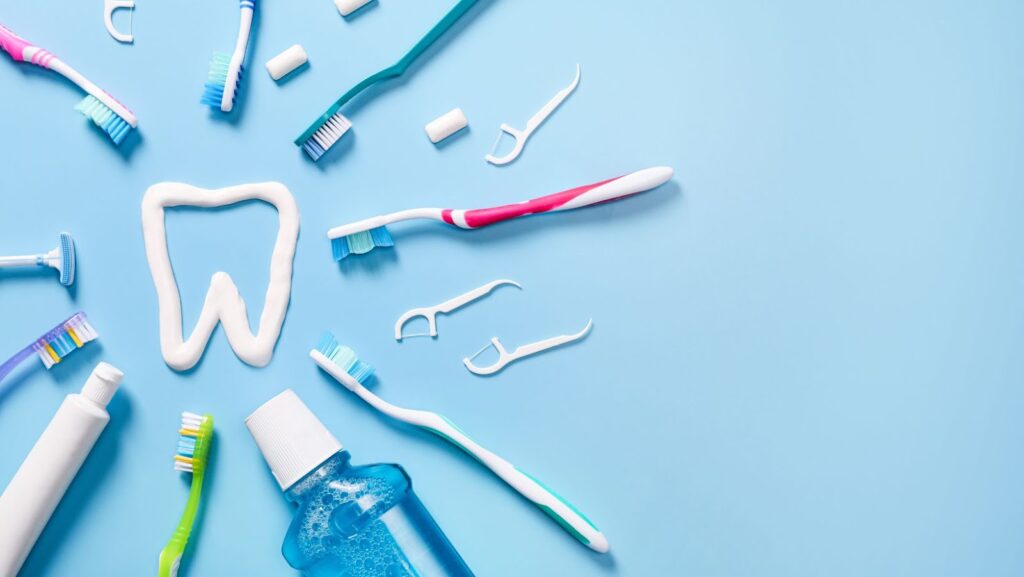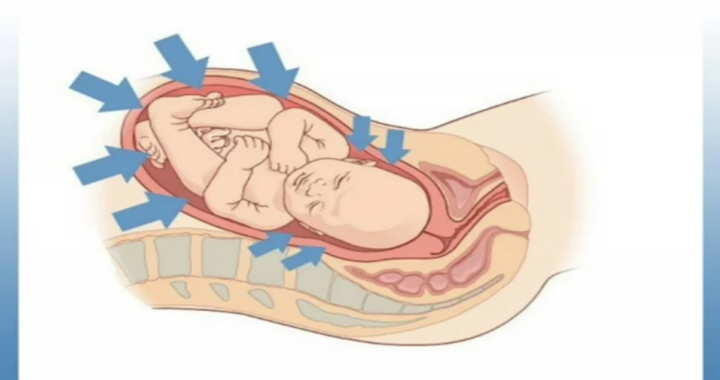Separating Fact from Fiction in Dental Care

Dental care is an essential part of our overall health, but with so much information out there, it can be challenging to separate fact from fiction. From natural remedies to alternative treatments, there are many dental myths that can lead to confusion and even harm. In this article, we’ll explore some common dental myths and offer tips for finding reliable information.
Myth #1: Natural Remedies Are Always Better
While natural remedies can be helpful for certain dental issues, they are not always the best solution. For example, using baking soda to whiten your teeth can be effective, but overuse can damage your enamel. Similarly, oil pulling can be useful for improving oral health, but it should not replace brushing and flossing.
It’s important to talk to your dentist before trying any natural remedies, as they can provide guidance on what is safe and effective. A holistic dentist near you may also offer natural treatments and remedies that are backed by scientific research.
Myth #2: Fluoride is Harmful
Fluoride is a mineral that is essential for dental health, as it helps to strengthen enamel and prevent cavities. Despite its proven benefits, some people believe that fluoride is harmful and should be avoided.
However, the overwhelming majority of dental professionals support the use of fluoride in dental care, as it has been proven safe and effective for preventing tooth decay. In fact, the American Dental Association (ADA) has recognized water fluoridation as one of the most significant public health achievements of the 20th century.
These dentists in Avon Lake OH says that when used in appropriate amounts, fluoride poses no risk to health and is a key component in maintaining strong teeth. Fluoride toothpaste, mouth rinses, and professionally applied treatments offer additional protection, especially for individuals at higher risk of cavities. Consulting with your dentist can help determine the best fluoride regimen for your dental needs.
Myth #3: Brushing Harder is Better
Many people believe that brushing harder will result in cleaner teeth and better oral health. However, brushing too hard can actually damage your enamel and gums, leading to sensitivity and even tooth loss.

Instead, it’s important to brush gently and thoroughly, using a soft-bristled toothbrush and fluoride toothpaste. Your dentist can provide guidance on the proper brushing technique, as well as other ways to maintain good oral health.
Finding Reliable Information
With so many dental myths out there, it can be challenging to find reliable information. Here are some tips for separating fact from fiction:
1. Check Your Sources
When searching for information about dental care, make sure to check your sources. Look for websites and articles from reputable organizations, such as the American Dental Association, the National Institutes of Health, or the Centers for Disease Control and Prevention.
2. Consult Your Dentist
Your dentist is a great resource for information about dental care. They can provide guidance on the best practices for oral health, as well as recommend specific treatments or procedures that are right for you. If you’re interested in holistic dental care, ask your dentist if they can recommend a holistic dentist near me.
3. Look for Scientific Evidence
When considering a new dental treatment or remedy, look for scientific evidence to support its effectiveness. Avoid treatments or remedies that are not backed by scientific research, as they may not be safe or effective.
The Benefits of a Holistic Dentist
A holistic dentist is a dental professional who focuses on the connection between oral health and overall health. They may use natural remedies and treatments, such as herbal supplements, to promote oral health and wellness. One of the benefits of holistic dentist is that they take a whole-body approach to dental care. They may consider factors such as nutrition, stress, and lifestyle when creating a treatment plan and may recommend natural remedies and supplements to support your oral health.

In addition, a holistic dentist may use alternative treatments, such as acupuncture or massage, to reduce pain and promote relaxation during dental procedures. This can be especially beneficial for patients who experience anxiety or fear when visiting the dentist. Separating fact from fiction in dental care is essential for maintaining good oral health. While there are many dental myths out there, it’s important to rely on reputable sources and scientific evidence when making decisions about your dental care.
If you’re interested in holistic dental care, consider finding a holistic dentist who can provide a whole-body approach to your oral health. By staying informed and working with a trusted dental professional, you can ensure that you’re taking the necessary steps to keep your teeth and gums healthy for years to come.

 Hiking for Mental Health: The Healing Power of Trails
Hiking for Mental Health: The Healing Power of Trails  Diet vs. Lifestyle Change: Knowing the Difference
Diet vs. Lifestyle Change: Knowing the Difference  Sleep Like a Pro: 10 Tips Backed by Science for a Restful Night
Sleep Like a Pro: 10 Tips Backed by Science for a Restful Night  How 7Stax 7-OHMZ Tablets Support Mental Health: 7 Key Benefits
How 7Stax 7-OHMZ Tablets Support Mental Health: 7 Key Benefits  The Complications That Could Arise From Using Cytotec to Induce Labor
The Complications That Could Arise From Using Cytotec to Induce Labor  The Impact of Workplace Stress on Anxiety and Depression
The Impact of Workplace Stress on Anxiety and Depression